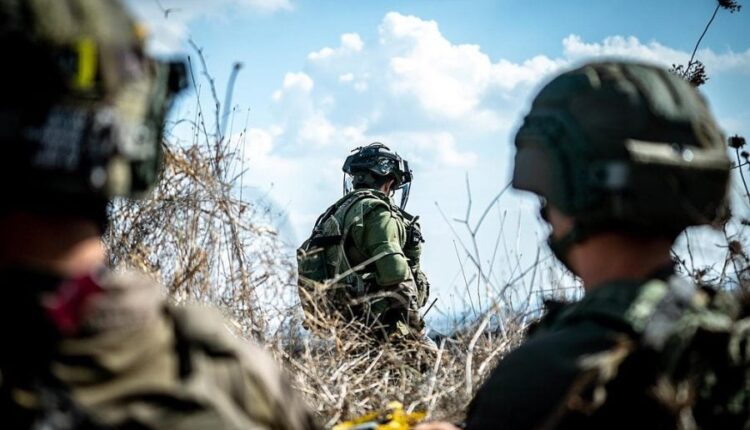According to a letter seen by AFP on Friday, the UN is concerned about “unacceptable conditions” established by Damascus for allowing aid to pass via its Bab al-Hawa border to rebel-held territories in northwest Syria.
Since Monday, when a 2014 UN agreement expired, the distribution of humanitarian aid over the bridge has been halted.
In a statement to the UN Security Council, the Office for the Coordination of Humanitarian Affairs (OCHA) stated that a letter from Syrian officials last week authorizing usage of the Syrian-Turkish border crossing “contains two unacceptable conditions.”
The Syrian government “stressed that the United Nations should not communicate with entities designated as ‘terrorist,'” according to OCHA, which raised concerns.
It balked at the second requirement, which required the Syrian Arab Red Crescent (SARC) and the International Committee of the Red Cross (ICRC) to “supervise and facilitate the distribution of humanitarian aid” in northwest Syria.
More than four million people in northwest Syria, according to the UN, are in need of food, water, medicine, and other necessities.
A deal that was made in 2014 allows the UN to primarily send aid to northwest Syria through the Bab al-Hawa crossing in neighboring Turkey.
On Thursday, Syria made the announcement that it will grant the UN permission to utilize Bab al-Hawa for a six-month period to transport essential humanitarian aid to millions of people in rebel-held territories.
Bassam Sabbagh, Syria’s ambassador to the UN, told reporters on Thursday that his nation had made a “sovereign decision” to allow the supplies to continue.
That declaration came after a mechanism that had permitted UN convoys to utilize the bridge to access rebel areas without Damascus’ permission expired on Monday.
Stephane Dujarric, a spokesman for UN Secretary-General Antonio Guterres, stated on Friday that “there have been no crossings with United Nations humanitarian aid in Bab al-Hawa,” adding that officials were assessing Syria’s permission.
“We’re taking a look at… what exactly was expressed in the letter,” he said.
“These things need to be studied carefully,” he added, reiterating the UN’s “commitment to delivering humanitarian assistance guided by humanitarian principles of non-interference, of impartiality.”
The OCHA document seen by AFP also called for the need to “review” and “clarify” parts of Damascus’ letter, saying the deliveries “must not infringe on the impartiality… neutrality, and independence of the United Nations’ humanitarian operations.”
The UN assistance deliveries are routinely criticized by Damascus as an infringement on its sovereignty, and longtime partner Moscow has been working to undermine the agreement.
Tuesday saw Russia block a nine-month extension of the accord and then prevent a six-month extension from passing due to a lack of support.
The 15 members of the UN Security Council have been attempting to reach an agreement to prolong the cross-border aid agreement for days.
More than 500,000 people have died, millions have been displaced, and Syria’s infrastructure and economy have both been severely damaged by the fighting.
“The scale of needs in Syria requires an unrestricted and comprehensive approach to humanitarian aid,” the ICRC team in New York told AFP.
“We are prepared to provide assistance in any way that fits within our means and with the agreement of all parties involved.”
Read Also: Sustainability, a Common Goal for Morocco, EU (Joint Statement)


